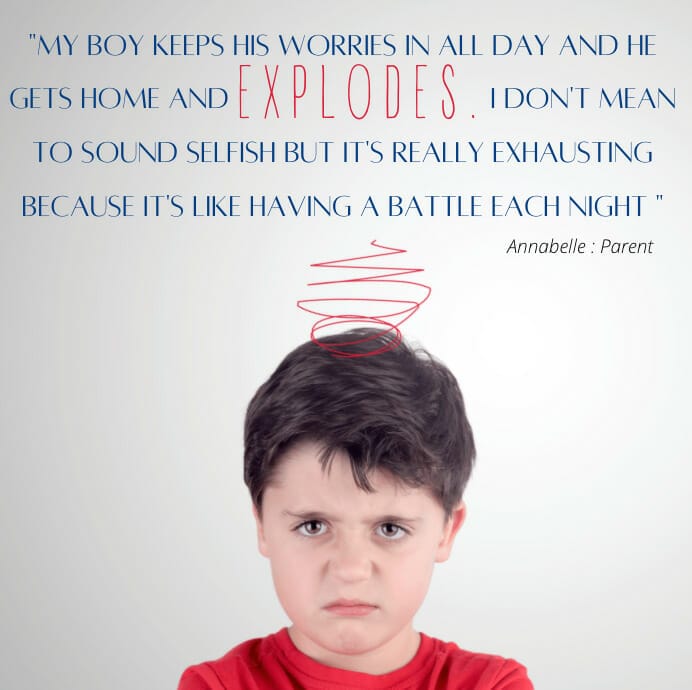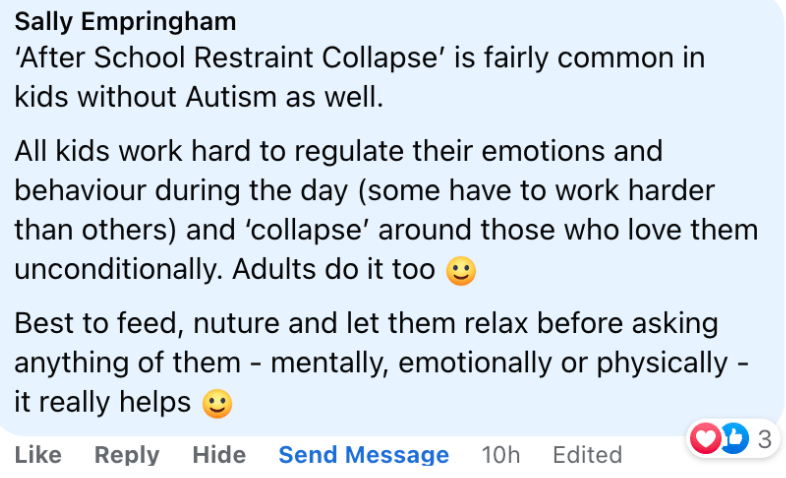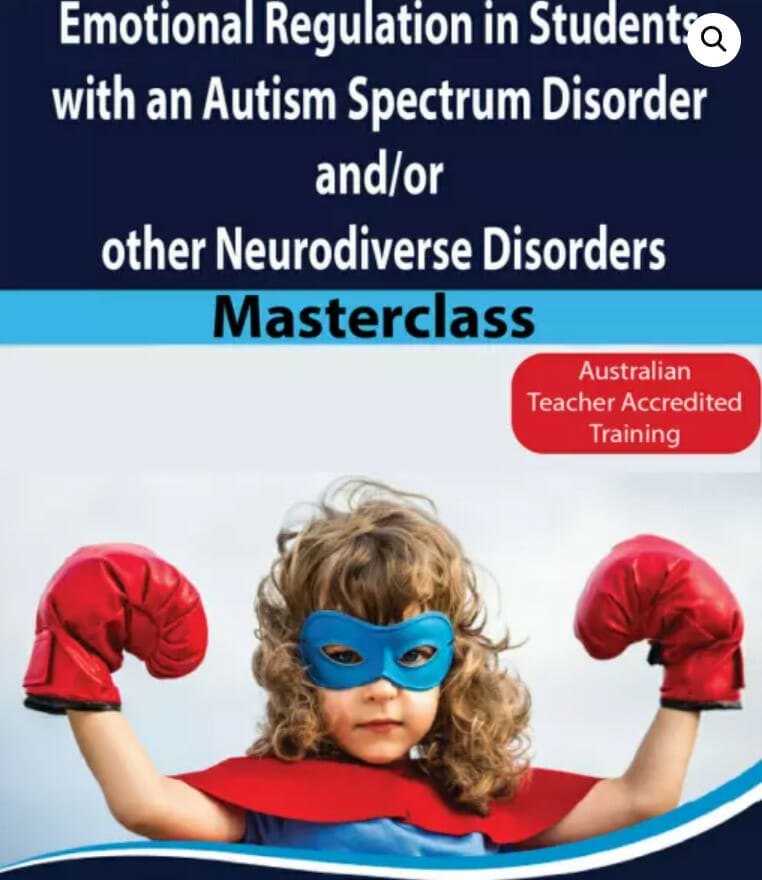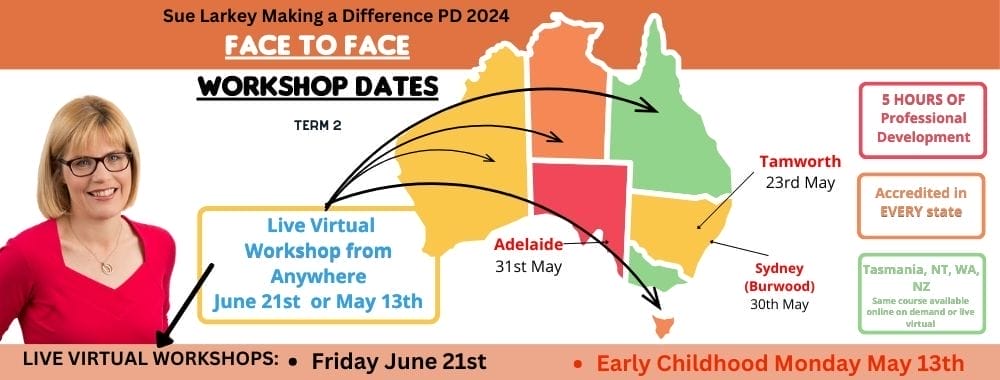Masking & Veneer of Coping
What is it? & What to do?
Masking and Autism Explained in this Episode!

**************************************
Join me for an upcoming Workshop:
Can't make these Workshop dates? Join me for a self-paced on-demand course:
Sue Larkey On-Demand Workshops
**************************************
Discussed in this Episode:
✅ Why I call masking, ‘a veneer of coping,’ and what to do!
✅ What is Masking?
✅ What you see.
✅ What you can do.
✅ Why it can cause burn out for families and their autistic child.
✅ Masking versus Copying.
✅ Do your children/students struggle with after-school meltdowns/shutdowns?
✅ Do they hold it together at school but when they get home they fall apart?
Masking and Autism Explained for you Today!
What is Masking?
Masking is when a person on the autism spectrum mimics and uses social scripts learnt from others, in
order to fit in and suppress their autistic tendencies. The goal is often to appear ‘neurotypical’ as they want
to fit in.
On the outside the student may appear…
1. Well behaved
2. Hard Working
3. Eager to Please
4. Perfectionism
But on the inside the student may feel…
1. Anxiety
2. Stomach Aches
3. Excessive Worry
4. Exhaustion
Possible Causes of a Meltdown/Shutdown
– Keeping it together at school/social activities
– Built up pressure of sensory or social experiences
– Burnt out from masking
– Feeling socially excluded – not having a group of friends
– Bullying
– Overstimulation
– Overload

What can you do to address masking and Autism?
1. Implement breaks throughout the day from social & sensory activities
2. Help them find group of friends
3. Create a club
4. Build their autistic identity
5. Celebrate Difference and Diversity in your classroom
6. Teach them Emotional Literacy so they can recognise emotions can self regulate throughout the day
Parent/Carers – What can you do?
1. Have snack and drink ready after school
2. Give them quiet time (don’t ask questions or requests)
3. Give them their own time and space to unwind when they get home
4. Consider getting a pet (Listen to podcast why)
Address Masking and Autism Today!

Girls often mask here are the books I love to Support Girls
Books For Girls:
Enjoy Masking and Autism Explained? Try these great books to Help with Self Regulation and Prevenative Breaks
Great Books to Help with Self Regulation and Preventative Breaks

Emotional Regulation in Students with an Autism Spectrum Disorder and/or other Neurodiverse Disorders – Masterclass.

Helpful Autistic Lived Experiences Facebook Groups and Organisations:
Enjoyed Masking and Autism Explained? Check out my other Podcasts Referred to:
Episode 81: How Embracing Autistic Strengths Changed His Life: An Interview with Chris Bonnello



 For all orders outside Australia please email
For all orders outside Australia please email 